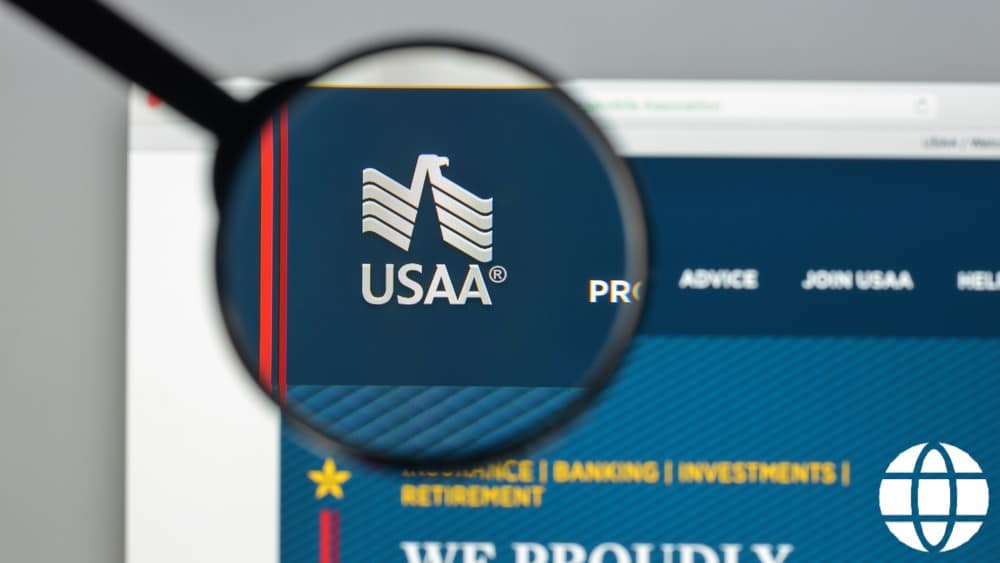Hi, welcome to another exciting read on limited lines.
Reading through this article, you will learn what insurance limited lines are, the risks and benefits, and reasons why limited lines might be your best option.
In this article, we shall cover:
So, let’s get started!
What Limited Lines is all about?
What are limited lines?
A Limited Lines producer license gives authority to sell, solicit or negotiate a line of insurance other than a major line of insurance (e.g. Life, Accident and Health, Property, or Casualty) as defined by the National Association of Insurance Commissioners (NAIC)
They are also called Speciality insurance.
This type of insurance covers you in the case of an event where your standard commercial insurance policy doesn’t apply.
For example, suppose you own an auto repair shop.
In that case, you may need property damage and liability coverage specific to your business and its operations, which standard commercial policies may not have.
Insurance companies provide an array of different products.
These products are not available in all states.
They are only regulated by a few state and federal laws so that each company can set its own rules.
Limited lines products are policies sold to consumers from insurance agents and brokers licensed in a specific state.
If you reside in Georgia and want to purchase travel insurance for your upcoming trip to Italy, you should visit an agent or broker who holds a Georgia license but works with many different insurance companies in other states across America.
Because Georgia allows out-of-state licensing, you can buy policies from those other companies while living there!
One more thing to know about limited lines is that they must meet some basic requirements to be marketed.
The most common types of limited line policies include car rental, boat/watercraft, RV/travel trailer/motor vehicle, home, and RV parts & accessories, farm equipment & machinery, flood insurance (specific properties), manufactured housing (mobile homes), motorcycles & ATVs, personal watercraft (jet skis), snowmobiles & golf carts and special interest groups.
However, some companies offer even more specialized products.
For instance, you could request specialty medical coverage if you have hemophilia.
You might also qualify for professional liability or errors & omissions insurance if you work as a contractor or doctor.
Some people might think limited lines are easier to get because they’re offered through agents and brokers instead of directly from big insurers like State Farm or Allstate.
Benefits and Limitations of Limited Lines
A limited line of insurance refers to a type of coverage available if you do not have access to other insurance options.
However, because it is subject to state law and regulations, it offers fewer benefits or coverage for specific items as full-service plans.
For example, limited lines do not cover any loss that involves life or health insurance coverage, including instances such as wrongful death or disability.
While those with limited lines can still purchase additional policies from other companies (and typically are required to), some states require that they be filed separately from their original policy.
It’s essential to research your state’s laws before applying for a limited line policy; in some cases, there are also requirements for exclusions based on occupation or income.
Talk to an agent today about your specific needs.
They can work within your state’s regulation guidelines to determine what kind of limited line you qualify for and compare quotes from several carriers—all without leaving your home.
Just enter your zip code into our quote tool above to see what products are available in your area.
Between general and limited liability carriers
A general insurance policy provides coverage for various risks, while a limited lines policy covers only certain risks, as outlined in that policy.
For example, auto insurance in most states will require you to get both general liability and physical damage coverage from your insurer.
An insurance agent with a general lines license sells both kinds of policies.
But if you need only physical damage coverage—say, for example, your office building has a roof leak, and you want to make sure your insurer will cover repairs—you’d buy it from a limited line carrier.
Some carriers specialize only in covering one particular type of risk.
Like all insurers, limited line carriers also offer endorsements – additional provisions added to standard policies – designed to refine further what types of losses they will cover within their scope of expertise.
Limited Lines Licensing and Certification
It’s essential to make sure you meet state regulatory requirements before applying for a limited lines license.
There are typically two steps to getting a limited lines license.
First, you must complete an approved continuing education requirement from a school certified by your state insurance regulator or pass an exam given by your state’s insurance department.
If you are applying for a general line of authority, you may get an exemption from pre-licensing courses in some states.
In Texas, you may apply online through Sircon or the National Insurance Producer Registry.
To become licensed by your state, contact your state’s Department of Insurance for application instructions.
Once you have applied for licensure and provided all required documentation, including fingerprints for background checks,, application fee, proof of U.S. citizenship if applicable, take a licensing exam issued by National Assessments Corporation (NAC).
Most states require applicants to score at least 70 percent on these exams to get licensed.
After successfully passing your exam, be prepared to wait up to 45 days for processing.
You can check directly with your state’s insurance regulator for current processing times.
Conclusion
The limited lines market, in some cases, requires a different level of expertise to address than traditional forms of insurance.
Most insurance agents do not have experience dealing with these products.
If you have limited understanding or are new to working in your state’s particular limited lines market, it can be challenging to understand how things work.









